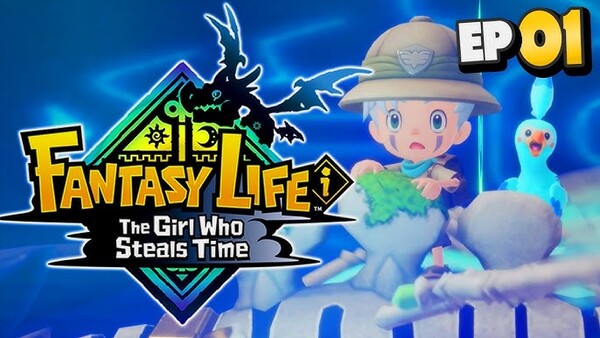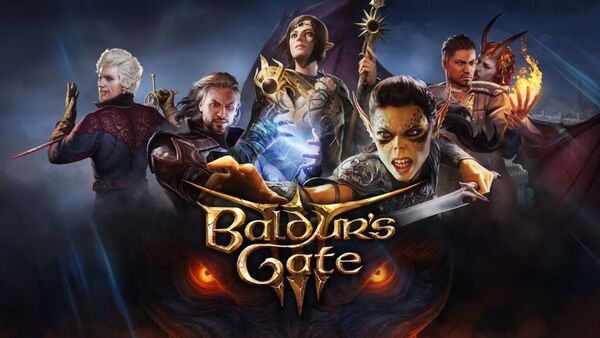
Candy Crush Saga
Popular Now
Introduction
Since its 2012 release, Candy Crush Saga has captivated millions of players, but the introduction of timed events and pay-to-win mechanics has sparked debate. This article explores how these features impact player experience, satisfaction, and the ethical implications for game design.
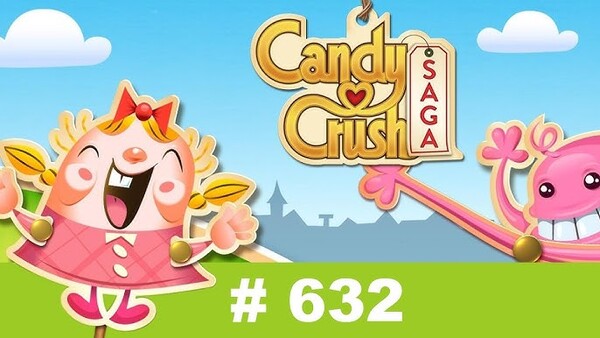
The Evolution of Candy Crush Saga
Early Gameplay and Monetization
Originally, Candy Crush allowed players to enjoy levels without the pressure of time or money, but over time, in-app purchases and timed events were introduced.
Shift Toward Time-Limited Challenges
As the game grew, limited-time events were introduced to engage players, but this also shifted the game from casual to time-sensitive, creating a sense of urgency.
The Introduction of Timed Events
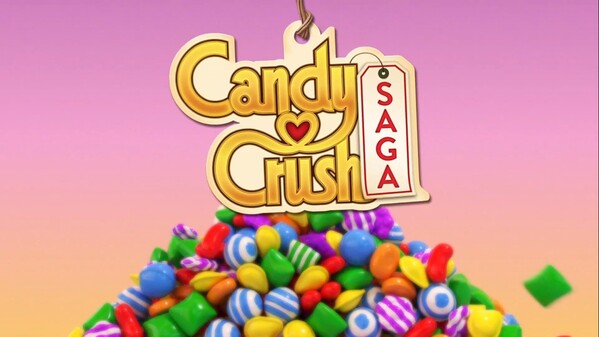
Limited-Time Challenges
Events like "Sweet Winter Fest" and "Chocolate Box" offer exclusive rewards for completing tasks within a specific timeframe, increasing player urgency.
Pressure on Players
Players feel pressured to participate in these events, especially when they miss out on rewards if they can't dedicate the time to finish them.
Pay-to-Win Mechanics
The Role of In-App Purchases
In-app purchases, such as boosters and extra lives, give paying players an advantage, making it easier to progress through challenging levels.
The Impact of Pay-to-Win
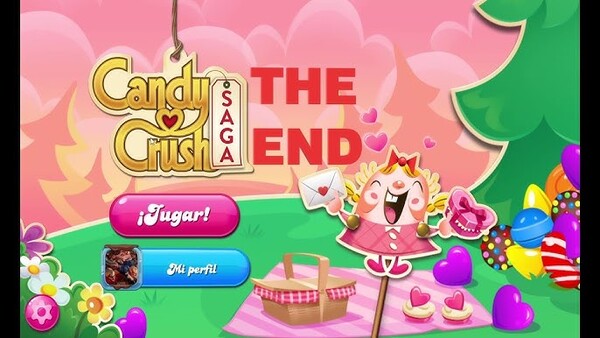
Timed events create a pay-to-win dynamic, where players who spend money gain a distinct edge, leading to frustration for non-paying players.
Psychological Tactics
FOMO and Addictive Behaviors
Timed events trigger FOMO (Fear of Missing Out), causing players to feel they must engage or risk missing exclusive rewards, fostering addictive behavior.
The Slot Machine Effect
IAPs create a "slot machine" effect, where players are encouraged to spend money to unlock rewards, leading to frustration when outcomes don't meet expectations.
Impact on Player Experience
Frustration and Burnout
The pressure to participate in timed events and the reliance on purchases can lead to frustration and burnout, especially for players who cannot afford or don’t wish to spend money.
Loss of Enjoyment
The shift from casual play to time-based competition detracts from the original, fun, stress-free experience, making the game feel like an obligation.
Free-to-Play vs. Pay-to-Win
Free Players’ Strategies
Free players rely on skills, patience, and occasional luck to progress, while pay-to-win players have an easier time thanks to their purchases of boosters and extra lives.
Pay-to-Win Approach
Paying players progress faster, skipping difficult levels, and completing events with ease, leaving non-paying players at a disadvantage.
Long-Term Engagement
Short-Term Engagement
Timed events boost short-term engagement by creating urgency, but they can negatively impact long-term player retention, leading to player fatigue.
Risk of Player Fatigue
The constant pressure of timed events and in-app purchases may lead to fatigue, causing players to abandon the game over time.
Potential for Evolution
Balanced Gameplay
To improve the experience, Candy Crush Saga could reduce time constraints and offer better progression for non-paying players to maintain the game's original appeal.
Ethical Monetization
An ethical approach to monetization, focused on skill-based gameplay with optional purchases, would preserve the enjoyment of the game for all players.
Conclusion
Timed events and pay-to-win mechanics have created frustration and burnout for many Candy Crush Saga players, altering the game's experience. A more balanced and ethical approach to monetization could restore player satisfaction.












